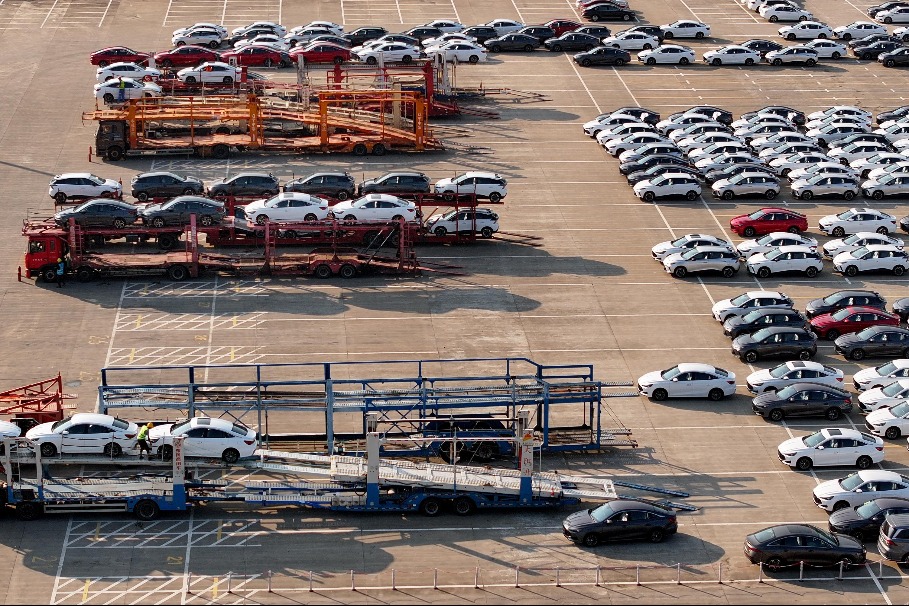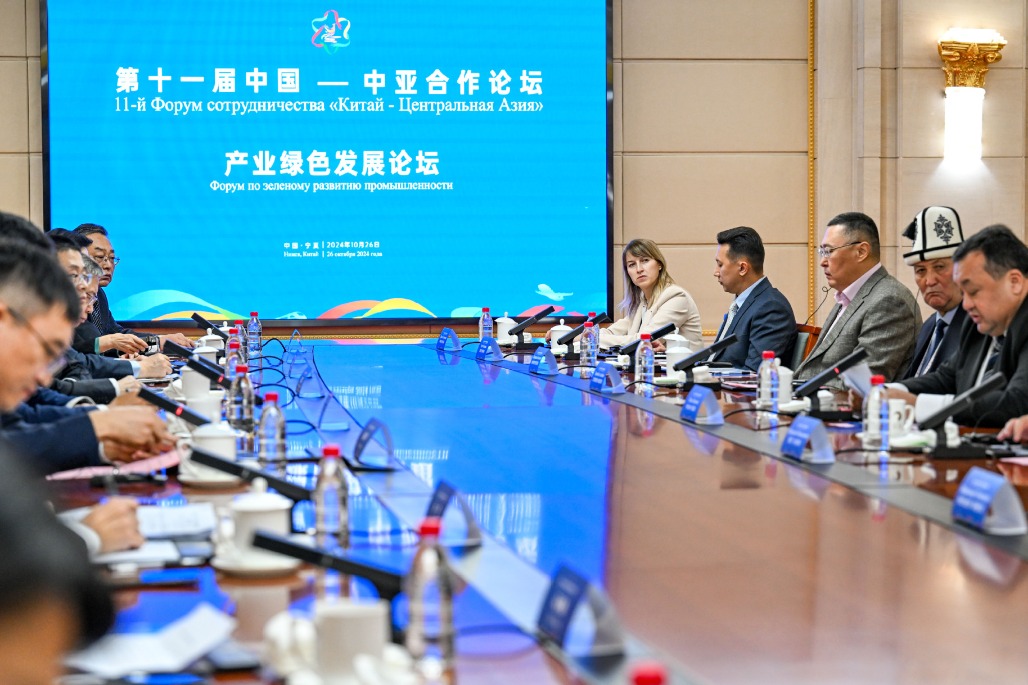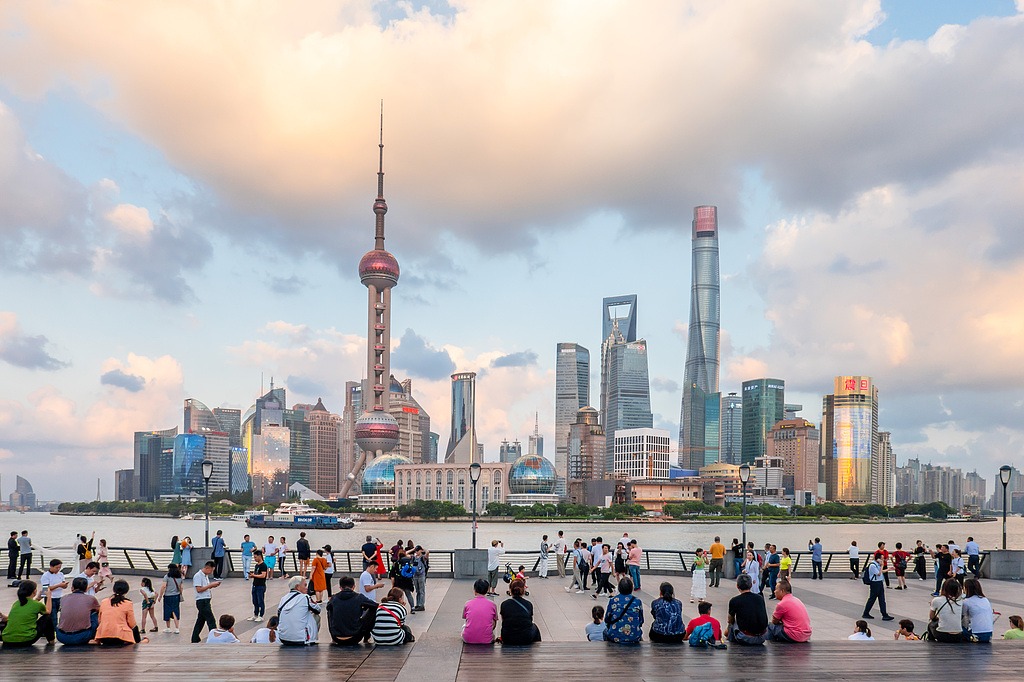Big role seen for China in green global supply chain
By HOU LIQIANG | China Daily Global | Updated: 2021-11-12 10:09
Nation, EU to enhance cooperation on sustainable forest management
Experts have expressed high expectations of seeing China unleash in the near future its huge potential in the greening of the global supply chain, following a joint communique by it and the European Union.
In the communique, the two sides vowed joint efforts to tackle the global crises of climate change and biodiversity loss. One of the areas in which they pledged to collaborate is reducing global deforestation.
China and the EU will also enhance cooperation in conservation and sustainable management of forests, make the supply chain more sustainable, and combat illegal logging and associated trade.
The communique, released last month, was a result of the second High-Level Environment and Climate Dialogue between China and the EU, in which Vice-Premier Han Zheng met with European Commission Executive Vice-President Frans Timmermans via video link in late September.
Dimitri de Boer, chief representative in China of ClientEarth, an environmental law charity, said he believes it was the first time that one of China's top leaders explicitly emphasized deforestation and supply chains.
It was an extremely important step in the context of global action for biodiversity. One of the key drivers behind global biodiversity loss is the conversion of rainforest for the production of soft commodities such as soy, palm oil and beef, he said.
"Having this important point included in the communique gives me increased confidence that both China and Europe will quickly step up their efforts in this regard," he said.
Fang Li, country director of the World Resources Institute China, said the clause in the communique was exciting, and she sees the possibility of China unveiling policies in the near future that could greatly promote a green global supply chain.
A guideline released in late October by China's central authorities on the country's targets to peak carbon emissions before 2030 and achieve carbon neutrality before 2060 vowed to speed up the establishment of a green trading system.
Besides imposing stringent management on exported products with high energy consumption and emissions, China will expand imports of green, low-carbon products and services for energy conservation and environmental protection, it said.
"China has the power to have an impact on the entire global supply chain," Fang said.
This is not only because of its role as a major importer of soft commodities, but also because the world's interactions with the country have quickly increased since the 2008 financial crisis, she said.
Fang also said that one way China could contribute to the establishment of a green global supply chain is to add relevant clauses to the Regional Comprehensive Economic Partnership, the world's largest free trade agreement among 15 Asia-Pacific nations including China.
The agreement, which will take effect on Jan 1, covers about 30 percent of the world's population, and its economic and trade volume will account for 30 percent of the world's total.
As the agreement covers, for example, major importers and exporters of palm oil, its members can explore reasonable rules for curbing deforestation driven by the oil's production, she said.
As green trading becomes an imperative of global development, China can also leverage changes in the global supply chain through green investment and other financial instruments, Fang added.
She said China's advantage in technologies for digital measurement, reporting and verification add to her optimism about its capability for greening the global supply chain.
"The cost to trace every single trade used to be unimaginably high. The development of digital technology, however, has made it economically feasible," she said.
Through foreign aid that it provides, China can also support other countries in building capacity for sustainable farming and can assist with legislation based on its successful experiences, Fang said.
She said the country's efforts might face a challenge because "currently, there is no specific government body in China that oversees the issue. Its management is related to various ministries."
However, she believes the problem will be addressed, since it is routine for a central government body to be designated to follow up on issues included in conferences in which the country's leadership participates.
According to the China-EU communique, the two sides will continue the dialogue at least annually. "In light of China's institutional system, the country is expected to report progress on issues covered in the previous meeting in their next dialogue," Fang said.
























